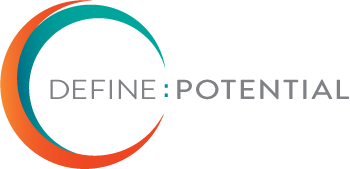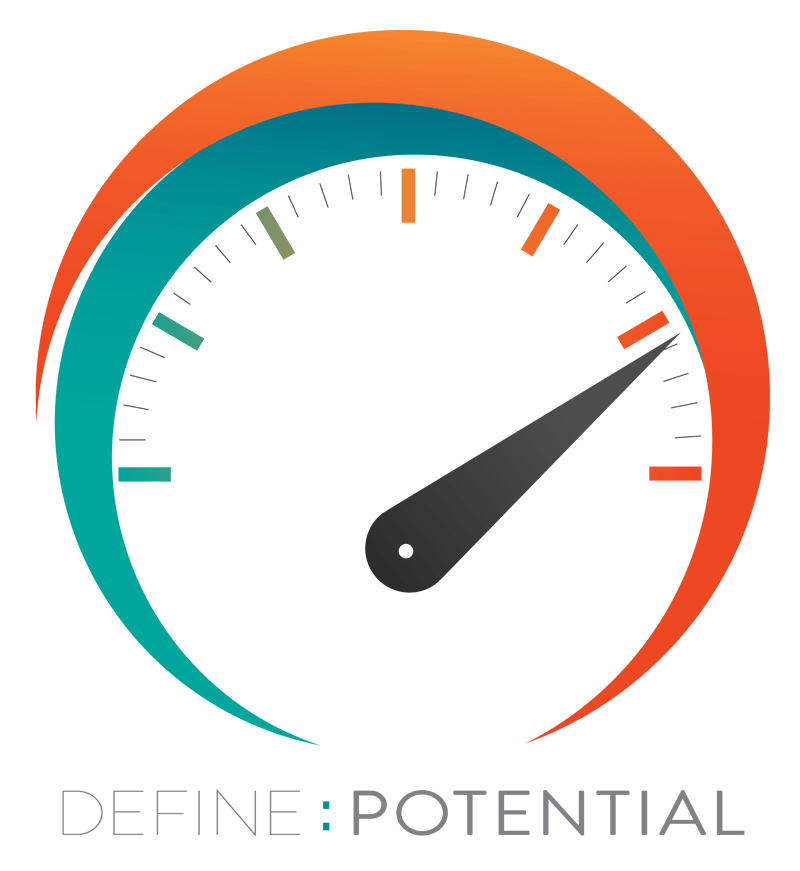Define Potential Blog
Blog post title
11 April 2020

Being adaptable, agile, good at change management are all essential leadership tools. But what does that actually mean? How do you know if you tick those boxes?
I believe that this means being able to learn. Every day as a manager, I am required to learn to do my job effectively. When I first move into a job, the learning curve is steep, but easy to articulate – learning new subject matter, learning the strengths of your team members, learning how to work with your supervisor, learning all the new policies, procedures, templates etc that relate to your job.
As you settle in, the learning becomes less easy to define. Learning about yourself, what are your own strengths, how you can build on these to be more effective, what is your leadership style and how does it impact on your team members and colleagues? Learning how to influence others, influencing stakeholders, other managers in your organisation, the strategic agenda. Learning how to deal with new circumstances, new policies, new people. Learning how to innovate. These are all harder to grasp – much more complex, and it’s hard to get to a point where you can tick them off your to-do list.
So if we think about it, learning is key to being adaptable, agile, good at change management etc.
‘Leadership and learning are indispensable to each other’ John F Kennedy
How do you relate to yourself as a learner? For some, the term ‘learning’ has negative connotations – sitting in a classroom being talked at, barely awake, or associated with failure, hard work, boredom. For others, ‘learning’ is exciting, challenging, attractive. Your attitude to learning may have a large impact on your ability to deal with novel circumstances, your confidence in showing up as a leader and being agile and adaptable, coping with change.
So what things get in the way of being an effective learner? There are many barriers to learning. One that I suffer from myself is my need to look as if I have it all handled, as if I already know the answers, and my strong aversion to asking what might be perceived as dumb questions. This is a tricky balance as a leader and manager, as it is important to maintain a presence for your team, colleagues and supervisors that is confident and engenders confidence in your abilities. But at the same time, if it’s getting in the way of your learning, it might be time to check in to see if you’re getting the balance right. Or it might be useful to develop a way of asking questions in a way that doesn’t undermine your authority. I know myself that one of the smartest women I ever worked for asked questions all the time – sometimes she would even preface the question with “This might be a dumb question but…” And interestingly, she never looked dumb. It was from her that I learned the power of questions.
I also know for myself that being in good physical condition is a prerequisite for being an effective learner – getting enough sleep, taking breaks (my best ideas come when I take a walk around the block), eating lunch. How can we expect ourselves to be in an optimum state to be agile and adaptive if we are tired, stressed and hungry?
Being aware of your own barriers to learning, and the things that will enable you to learn effectively are key to being a good manager and leader.
Both the barriers and allies of learning may come from several different sources – our attitude, the language we use, our emotional or physiological state. Some of the common barriers to learning are outline below (taken from the Newfield Institut). Take a moment to read through the list and see if any of these resonate with you. What could you be doing differently that would help you to be a more effective learner? How would this help you be more adaptable and agile as a leader at work and in life?
Linguistic
- Jumping to conclusions – assessing everything instantly and not being open to different possibilities (often making negative judgements or comparisons).
- Confusing having an opinion with knowing.
- Confusing knowing with having the ‘truth’ (i.e. that there is only one ‘truth’).
- Self-doubt and lack of confidence about oneself as a learner.
- Trapped in judgements of others, including a need to be ‘perfect’
- Comparing oneself to others (and making negative judgements based on this).
- Addicted to answers – constantly going to courses for tips, recommendations and instant solutions, not looking at how oneself is as a learner.
Emotional
- Too busy to learn – not allocating sufficient time to learning.
- Attachment to existing knowledge – new learning possibilities are closed off.
- Excessively serious about learning and not able to be light-hearted, playful or laugh at oneself as one is learning.
- Trivialising learning – including through inappropriate humour.
- Being in a mood of resignation – assuming learning will make no difference.
- Needing such certainty that everything must be immediately clear and correct.
- Anxiety about not being ‘good enough’.
- Being in a mood of confusion and not wonder.
- Being driven by novelty – never going beyond the first level of curiosity; unwilling to persist when understanding is not readily apparent.
- Not taking time to reflect on and apply new learning.
Physiological
- Not including the body in learning – always staying at the cognitive level.
- Not taking care of health and energy – being too tired to learn.
Blog posts you might like
A moment to reflect, and move forward
People tend to put a lot of pressure on themselves at this time of year to get things done – finish that report, wind up the project, clean the windows, buy all the gifts, attend all the Christmas parties and prepare for the perfect holiday season. It is worth assessing every item on all our lists – both mental and actual, and ask ourselves “does this all need to be done?”
Refresh, Re-energise and Renew
With the chaos of 2021 behind us, I think everyone is looking forward to the holiday break. Time with family, friends, and some much-needed relaxation. The past two years have been tough on many people. The surprising part is that some leaders have thrived through this period while others have really struggled.
Communicating in the digital era
While we either have or are contemplating a return to our offices, digital communication, whether that be email, messaging, Zoom or MS Teams is here to stay. Being effective in how we use these different communication tools will be critical to high performance and team management.




